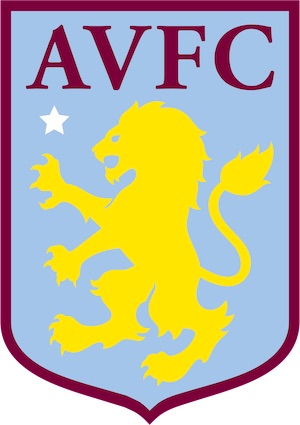One On One With Director of Coaching for Aston Villa’s Brian Eastick
Few coaches have enjoyed as spectacular career as Brian Eastick — highly acclaimed now Eastick oversees U8 to U23 at Aston Villa Academy.
We wanted to know what are the odds of making it as a professional soccer player… and what makes a great player? So we asked Brian Eastick how many aspiring youth players who dream of becoming professionals really make the cut? As a former player himself and a mentor to many, Eastick offers his insider’s insight on the soccer world.
Who is Aston Villa’s Brian Eastick?
Brian Eastick spent his youth playing for Crystal Palace and was on England’s U18 National Team and now holds a UEFA Pro License and is the Coaching Director at Aston Villa. His job is to nurture tomorrow’s superstars. Ryan Giggs is among the players Eastick has coached.
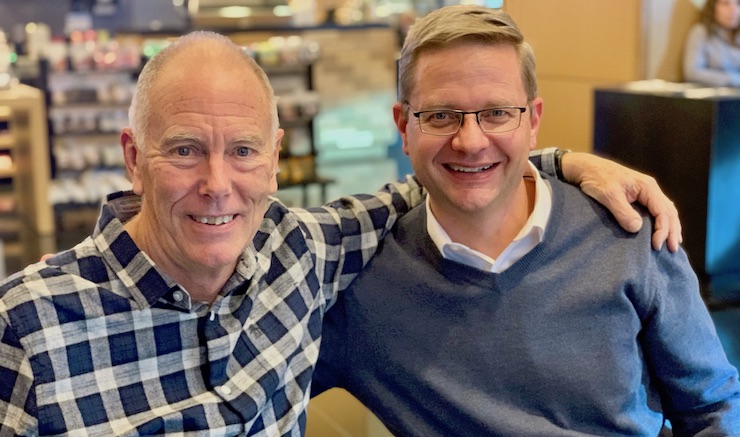
Hanging out at the United Soccer Coaches Convention in Chicago with fellow Brit Duncan Riddle, Executive Director of US Adult Soccer Association, Eastick looked more distinguished than most. Eastick is the former head coach of England’s under-19 and under-20 teams and has managed several professional clubs. Rich in experience and easy to talk to, Eastick agreed to an interview.
Aston Villa’s director of football Steve Round refers to Eastick as an outstanding coach educator, coach developer — and an excellent coach himself. Started in 1874, Aston Villa is a founding member of the English Premier League and today competes in the Championship league.
SoccerToday’s Interview with Aston Villa’s Brian Eastick
Diane Scavuzzo: How long have you been coaching?
Brian Eastick: First, I was a failed player, I was a young professional player at Crystal Palace and Plymouth Argyle and I was cut when I cut — released — when I was 22 years of age …
Diane Scavuzzo: How did you feel?
Brian Eastick: It was demoralizing when you are a young player and you have all those dreams but I was fortunate, I had some great people around me who introduced me to teaching the game. That was in 1987 and I have been coaching ever since then.
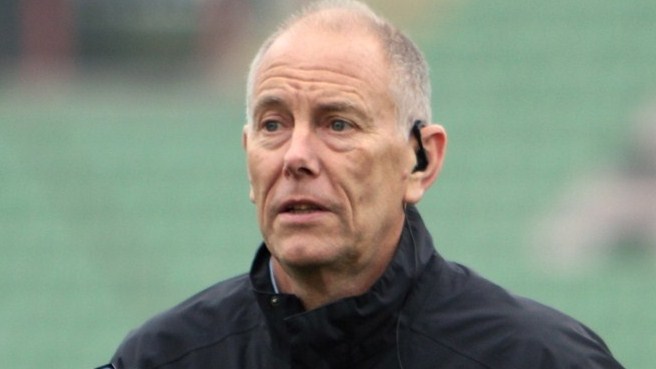
Diane Scavuzzo: What is the most important trait in players who become successful professionals?
Brian Eastick: You need to be talented, but need to be talented in so many different ways today.
You need to have physicality, great technique and perhaps most important is the player’s mentality — this is becoming more and more important nowadays.
A player’s resilience is so critical … players have to be mentally tough.
Diane Scavuzzo: At Aston Villa, what do you need to succeed?
Brian Eastick: If you have a good recipe with the right ingredients, you have half a chance. You need all those traits and more.
A player needs to be versatile to succeed.
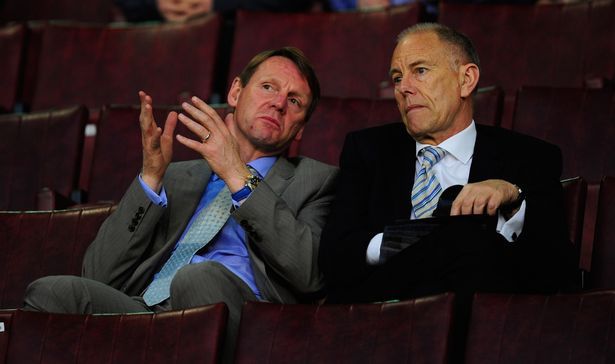
Diane Scavuzzo: What exactly is your role at Aston Villa?
Brian Eastick: I am head of coaching of players from 8 years of age to 23 years old.
We have a full-time academy staff of 45 people and I have ten full-time coaches and ten part-time coaches underneath me. My role is to develop the coaches who develop our players — and make sure we have continuity and the philosophy correct right throughout the entire club.
Diane Scavuzzo: Do you work closely with the First team?
Brian Eastick: My job includes ultimately linking into the first team philosophy as well, which is not easy — because, as I am sure you are aware, there is a big turn over in head coaches all over the world, and in particular, in England.
So when you have a new head coach come in, he can change the philosophy sometimes — but it’s important you stick to the game plan.
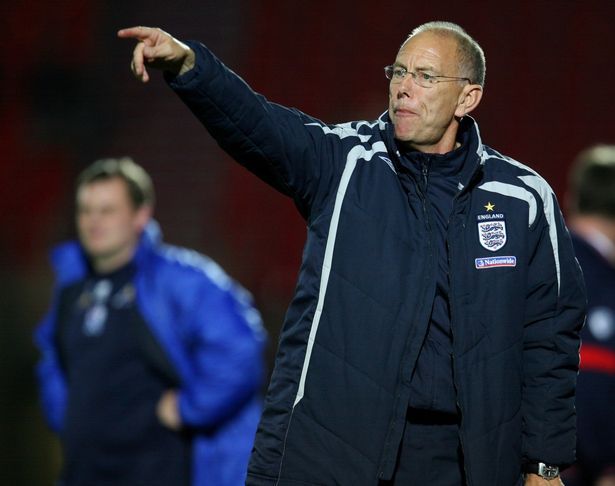
Diane Scavuzzo: When there is a head coaching change, how do you work with that?
Brian Eastick: One of the things you have to do to develop a young player is to make sure he is versatile — that he doesn’t understand just one way of playing.
For example, at Ajax, they play a very rigid format of 4-3-3 all through the culture of the club.
In England. it is not always that way and the head coach has a lot of freedom to play his preferred style. So the format can easily change when a new coach comes in. If the new coach wants to play a diamond in the middle for example, or any other format, the versatile player should be familiar and comfortable with all these possible changes. However that new head coach wants a player to play, he should have the knowledge on how to do it.
Diane Scavuzzo: That is a great approach to support player development and success as well as support the new head coach. What do you think of American soccer and the MLS?
Brian Eastick: I think soccer in America has really improved. A few years ago, I was in Colorado preparing for the U20 World Cup and Gary Smith was the head coach and I watched several games. Today, the standard has significantly improved just from just a few years ago.
I think we are going to get more and more high profile players wanting to come to America to play in the MLS.
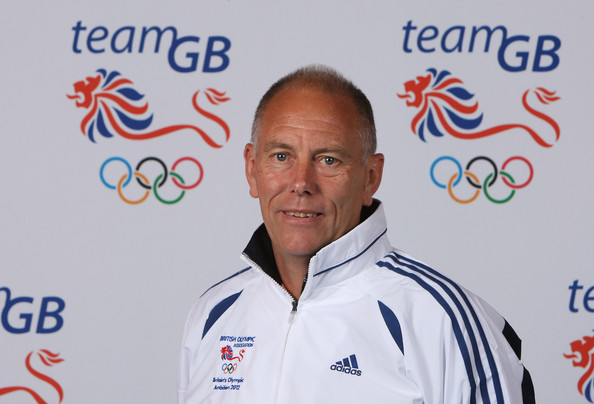
Diane Scavuzzo: What do you think of the success of two-year-old MLS expansion team Atlanta FC and the 70,000+ soccer fans who attended the MLS Cup final?
Brian Eastick: It is remarkable for a new franchise and they have done a fantastic job.
Diane Scavuzzo: The U.S. Soccer Development Academy (DA) in America has a very different system than ‘England’s — can you tell us what a typical training schedule for a U17 on an English Premier or Championship League team?
Brian Eastick: In England, a 17-year-old player would be a full-time player and if he was really a talented player, he would be signed to a three or four-year contract.
Often, a 17-year-old player would go from the U18 to the U23 team. Depending upon his talent, he would probably spend no more than a max of two seasons playing uU23 and he would then have to be good enough to go into the First team or go out on loan to in a slightly lower league.
For example, Jordan Pickford, the current England goalkeeper went out on loan several times before he broke through to his first team at Everton.
Another example is Harry Kane, the striker Tottenham Hotspur who captains the England National team. Kane is one of the best forwards in the world now and had five or six loans before securing regular first-team football at Tottenham.
I thought he was not going to make it and I had to eat my words. Just like a lot of other people.
We try to say to our young players that if there is not a pathway immediately to the first team, we try to loan them out in the hopes they continue to develop.
Now if you are a really talented player in England, you will bypass the U23s altogether … but then I am referring to a player like Wayne Rooney. Then you probably will go straight through to the first team at 18 or 19 years of age. But it is not always easy to tell when and even if a player will become a successful player.
But the world we live in, football is a business.
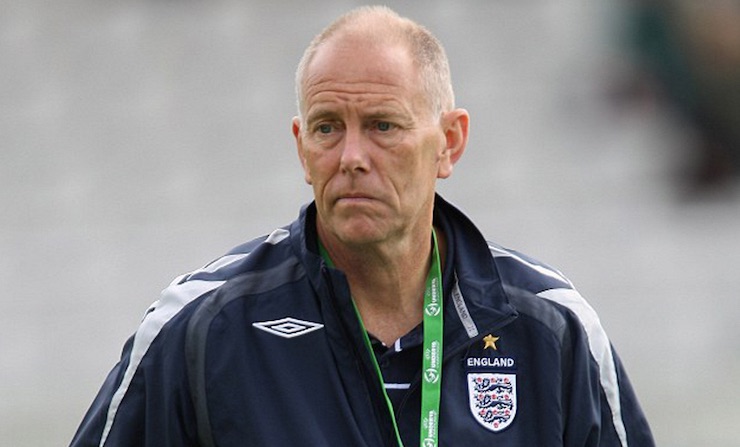
Diane Scavuzzo: Is there a time limit?
Brian Eastick: The owners will ask you two questions when you have your annual meeting with them.
- How many players have you produced for the first team?
- And how much can we sell the players for?
This is the reality of the business.
Diane Scavuzzo: How brutal is the industry?
Brian Eastick: Extremely. In England, it’s exceptionally brutal
Here is a stat on the English Premier League: You will find that the majority of players who become pros at the age of 17-year-old are probably out of the game by age 23.
At age 23, 90% are not playing soccer.
Diane Scavuzzo: Not playing soccer in the EPL? Or not playing soccer, even in the second or lower divisions?
Brian Eastick: Not playing soccer — out of the game entirely. That is a brutal statistic
We release probably 95% of our players.
Players need to understand that there’s a very good chance that at the end of the day, they will not make the grade.
Diane Scavuzzo: Why were you released?
Brian Eastick: I wasn’t brilliant … I wasn’t athletic enough, I wasn’t good enough technically and …
I don’t think I was brave enough either.
I was a nice neat footballer but didn’t have all the other tools to be a professional footballer.
Diane Scavuzzo: How tough do you have to be to make it today?
Brian Eastick: You have to have that toughness so if you get released, you have the tools in the box, the clubs in the bag to go play in a lower division — but the question remains, can you cope with it physically?
Diane Scavuzzo: The successful soccer professionals in England earn big money …
Brian Eastick: Yes, another problem we have in England is that we pay players much too much money too soon.
We pay young professional players far too much and really it is because of the competitiveness in the industry. If we don’t pay them, another club down the road will.
Aston Villa is a top-ranked #1 Academy and in our region alone we have a lot of competition. All the Academies are going after the same players.
Frankly, there are not enough talented players to go around.
England recently won the U17 and U20 World Cups plus the U19 UEFA Championship. Our senior team reached the Semi Final of the World Cup in Russia and now play the Netherlands in the Semi’s of UEFA Nation’s League. I don’t think too many nations have achieved that in recent years — so we are definitely producing some very talented young players. This, in turn, means that we must have some very talented young coaches working in our professional game.
However, I’m not so sure that in the World Game we always get the recognition that we deserve.

